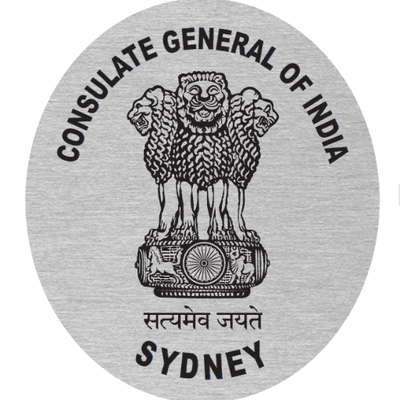
There is widespread concern in the community with new rules introduced by the Consulate General of India in Sydney under which certain documents will now need to be certified by a Notary Public rather than a Justice of Peace (JP).
AT A GLANCE
- The Consulate states that these rules are based on new guidance from “NSW authorities“
- The additional costs that this will attract concerns the local community
- The Fact Sheet to which the Consulate refers also says that that “NSW JPs can certify copies of original documents from overseas”
- Investigations reveal potential confusion regarding the distinction between the act of certifying copies of foreign documents and witnessing the execution of foreign documents.
While a JP has a legal obligation to provide their services for free, Notary Publics can charge up to $600 an hour (in 6 minute intervals) to certify documents. Assuming 10 minutes to certify a document, a family of four having their Indian passports certified could be forced to pay nearly $400 inc. GST to a Notary Public, whereas a JP would have performed this service for free.
Indian Link’s inquiries reveal potential confusion regarding the distinction between the act of certifying copies of foreign documents and witnessing the execution of foreign documents.
Certifying a document means that the notary or JP has viewed an original document (such as a passport) and a copy of the original, and confirmed the copy is a true copy of the original document. Witnessing the execution of a document involves the notary or JP confirming that the applicant signed the document in the notary or JP’s presence.
The rules released by the Consulate General of India in Sydney effectively state that it is no longer willing to accept copies of documents certified or witnessed by JPs. The Consulate General cites that these rules are based on new guidance from “NSW authorities” that prohibits JPs from witnessing or certifying copies of overseas documents.
However, this is only half-correct and Indian Link’s own investigation tells a different story. While JPs cannot witness the execution of overseas documents (e.g. a JP cannot witness the execution of a signature on a foreign passport application), this is not a new restriction.
Further, the NSW Department of Communities and Justice has clarified to Indian Link that a NSW JP can certify a foreign document as a true copy of an original if they have both the original and copy physically in front of them, meaning there is nothing preventing a JP from certifying a copy of an Indian passport.
Speaking to Indian Link, Vice-Consul Mr Shivanand Salimath referred to a Fact Sheet published by the NSW Department of Communities and Justice in September 2019 as the source of the new Consulate General rules.
However, the Fact Sheet to which Mr Salimath refers also states clearly that “NSW JPs can certify copies of original documents from overseas”.
Despite being made aware of this, the Consulate General insists that those posting in documents to VFS Global (who manage Indian passport and visa applications) must have those documents certified by a Notary Public, or otherwise visit VFS in person despite the ongoing pandemic.
READ ALSO: Visa myths debunked by the Indian Consulate
Mr Salimath confirmed that the new guidance issued by the Consulate was based purely on guidelines issued to the Consulate General by the Department of Communities and Justice, rather than a policy implemented independently by the Consulate General. According to Mr Salimath, no legal advice has been sought by the Consulate General.
Given the increasing pressure on household incomes due to COVID-19, especially amongst migrant families, the Consulate General has a critical role to play in ensuring that the notarial services it requires remain as accessible as possible, within the scope of the law.



